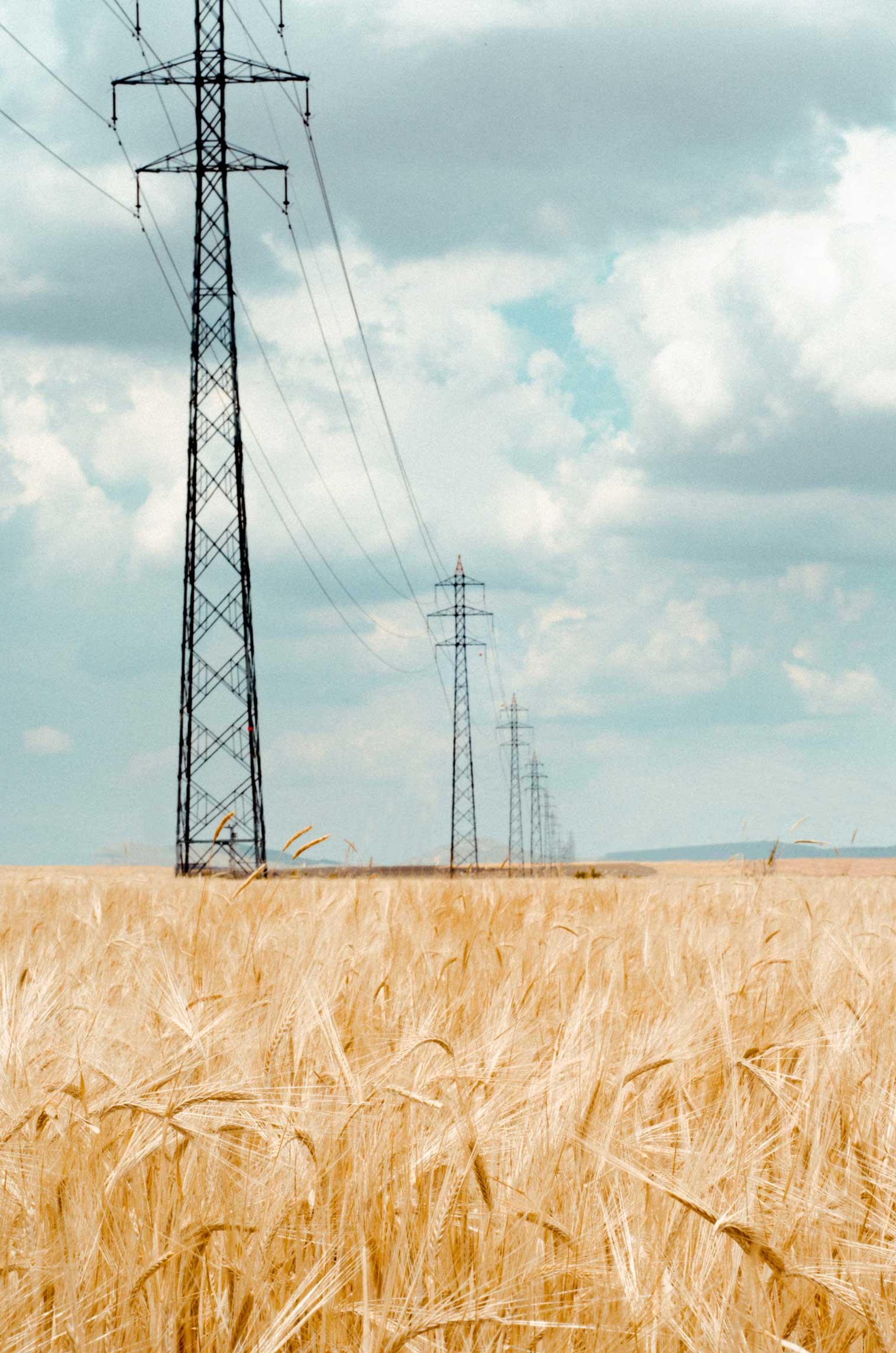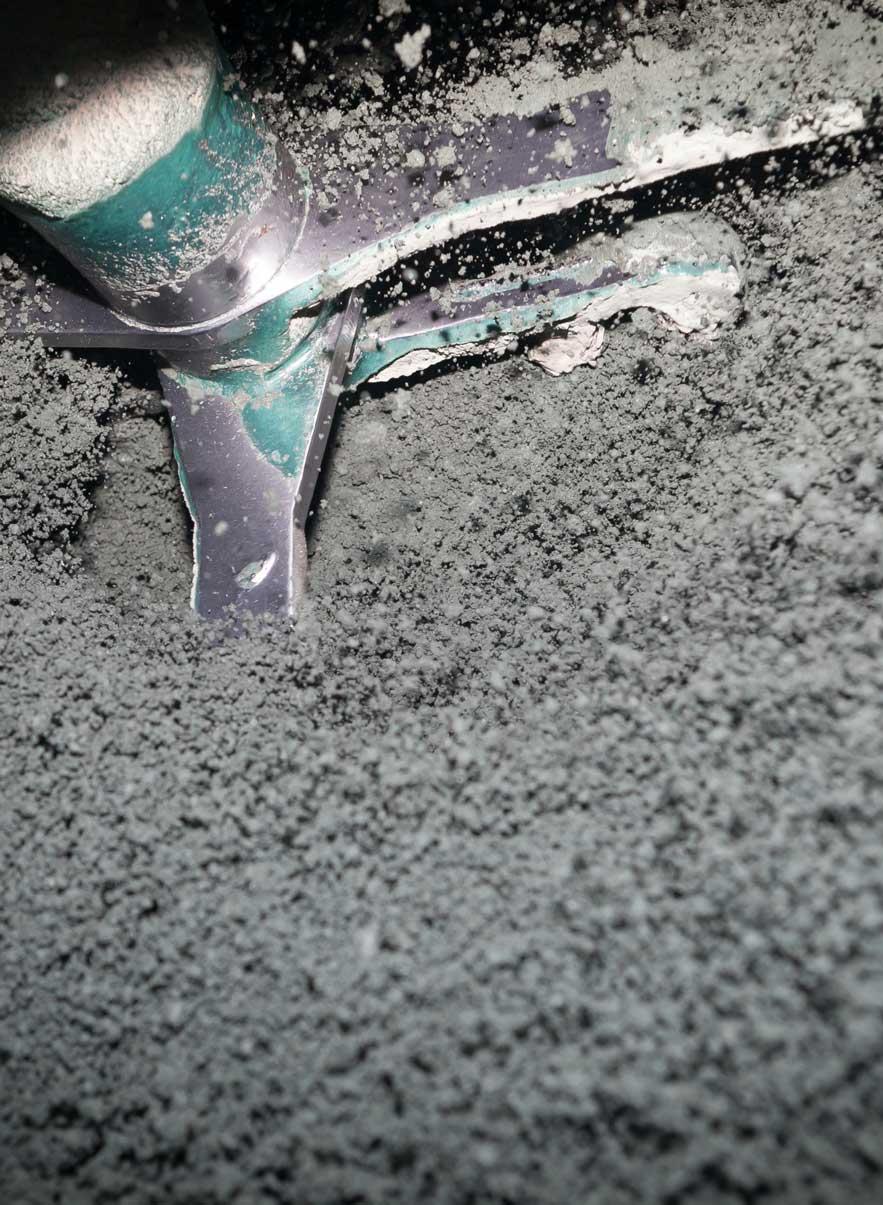

The issue of energy consumption of welding materials continues to gain relevance in the modern conditions of the energy situation both in Ukraine and Europe. With regard to this, the issue of saving energy resources is a key aspect. What is more, the implementation of energy-saving measures at all levels of life is the most important task, the quality and timing of its solution affect the future functionality of the economy and the socio-economic situation. One of the goals of the Energy Strategy of Ukraine until 2050 is the development of alternative energy sources, new products and innovative solutions in the energy sector.
As of 2015, the share of deposited metal related to manual arc welding in Ukraine made up more than 50%, and in 2020, the total volume of covered electrodes manufactured at the capacities of domestic enterprises amounted to more than 31,5 thousand tons. The data provided allows us to predict that the total consumption of electric energy used by classical and inverter-type power sources for manual arc welding in Ukraine only may exceed the level of 350...400 million KW/h.
Experts of PlasmaTec company managed to improve the formulas of rutile and rutile-cellulose electrodes in order to reduce energy consumption and improve welding and technological characteristics. The use of only high-quality raw materials, metal powders of our own production and optimization of the granulometric composition of the coating components of a particular brand of electrodes allowed to reduce mass energy consumption to the level of 2.85...2.95 W/h per one gram of deposited metal. This is about 10-12% less than in competive brands. In addition, the introduction of innovations in the composition of electrode coating made it possible to significantly improve the stability of arc burning and mass transfer indicators even in conditions where there is a risk of reducing the network voltage.
Thus, the use of welding electrodes of PlasmaTec company manufactuirng allows not only to save electrical energy, but also to perform high-quality welding in conditions of an unstable power supply network.

